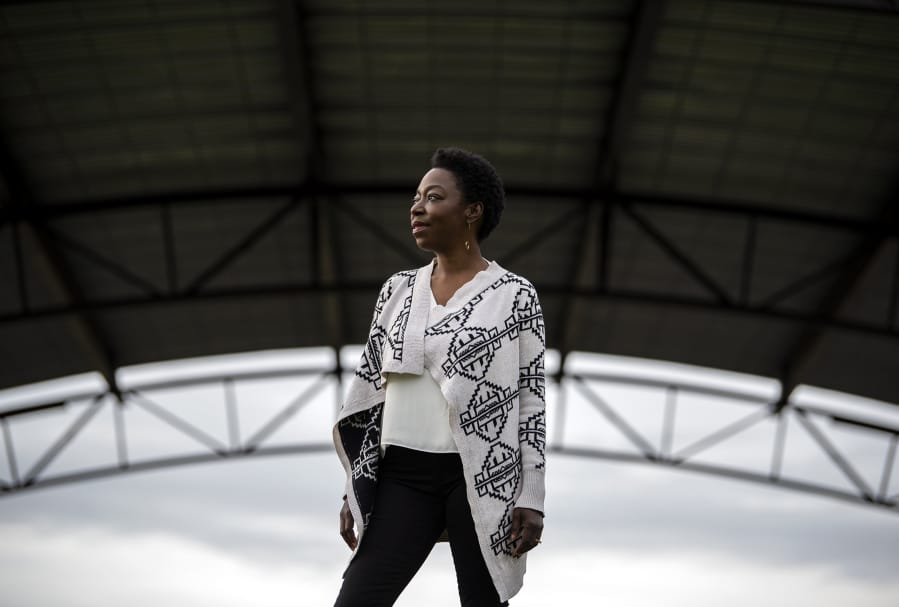Shona Carter’s relationship with her half-sister was mostly relegated to the internet until Carter got cancer.
Carter, a 47-year-old Vancouver resident, and Sadra Burris, 43, knew of each other growing up but didn’t really know each other. The half sisters, who share the same father, grew up in Indiana, but Carter relocated to Portland with her family before the start of high school. After that, the pair’s contact was mostly restricted to social media.
“We would kind of stalk each other,” on Facebook, Carter joked of their relationship.
Then in December 2017, Carter was diagnosed with acute myeloid leukemia, a cancer of blood and bone marrow. Carter’s two sisters weren’t matches with her, and when Carter posted on a Facebook family reunion page searching for possible donors, she didn’t get any hits. There weren’t any matches on Be the Match, the national bone marrow registry, either.
Carter wanted to ask Burris, who lives in Orlando, Fla., about donating but couldn’t muster the courage to reach out. Carter’s sister, Myisha, who knew Burris better, sent a message on her behalf. Burris replied she’d get tested, and it turned out that Burris was a partial match. It was enough to perform the transplant in April 2018.




